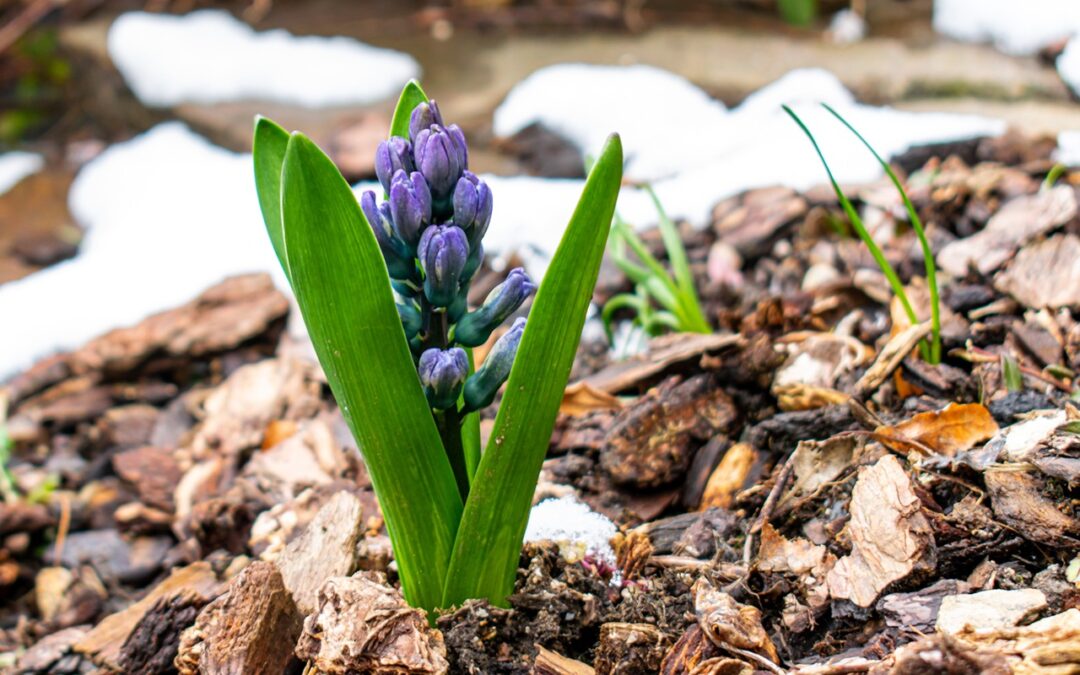TL;DR: Organic Mulch for Plants – A Natural Way to Enhance Your Garden
Harness the power of nature with organic mulch, a sustainable solution that nourishes your plants, improves soil health, and creates a thriving ecosystem in your garden. From its varied types to its exceptional benefits, this article delves into the wonders of organic mulch, empowering you to make informed choices for your beloved greenery.
Contents
Uncover the Benefits of Organic Mulch
- Enhances Soil Fertility: Rich in nutrients, organic mulch gradually decomposes, releasing essential elements that enrich the soil.
- Preserves Soil Moisture: By forming a protective layer, organic mulch prevents water evaporation, keeping your garden hydrated and reducing the need for frequent watering.
- Suppresses Weeds: A dense layer of organic mulch acts as a barrier, impeding weed growth and saving you time and effort spent on weeding.
- Regulates Soil Temperature: Organic mulch insulates the soil, moderating extreme temperatures and creating an optimal environment for plant growth.
- Enhances Biodiversity: Organic mulch attracts beneficial insects and microorganisms, promoting a balanced ecosystem that supports plant health.
Types of Organic Mulch
- Bark: Coarse and chunky, bark mulch adds aesthetic appeal and retains moisture well.
- Wood Chips: Smaller and finer than bark, wood chips decompose quickly, providing a burst of nutrients.
- Straw: A lightweight and versatile option, straw is ideal for mulching vegetables and keeping soil warm.
- Hay: Similar to straw, hay provides insulation and improves drainage.
- Compost: The gold standard of mulches, compost is rich in nutrients and supports soil health.
Applying Organic Mulch
- Prep the Soil: Clear weeds and debris before applying mulch.
- Spread Evenly: Create a layer of mulch 2-4 inches thick, avoiding the contact with plant stems.
- Avoid Over-Mulching: Excessive mulch can suffocate plants and prevent water penetration.
- Replenish Annually: Organic mulch decomposes over time, so replenish it every year to maintain its benefits.
Organic Mulch for Specific Plants
- Roses: Bark or compost mulch insulates the roots and prevents fungal diseases.
- Vegetables: Straw or hay mulch suppresses weeds and conserves moisture.
- Trees: Wood chips or compost mulch provide nutrients and improve soil drainage.
- Perennials: Bark or wood chips mulch insulates the roots and protects them from winter cold.
- Shrubs: Mulch around shrubs with organic materials to promote growth and deter pests.
Testimonials from Satisfied Mulchers
“My garden has never looked better since I started using organic mulch. The plants are thriving, and the soil is so much healthier!” – Mary, homeowner.
Call to Action
Embrace the power of nature and transform your garden with the benefits of organic mulch. Its sustainable qualities and exceptional advantages will bring your plants to life and create a vibrant, flourishing ecosystem in your outdoor space. Choose the right type of mulch for your specific plants and experience the joy of a healthy, thriving garden.

